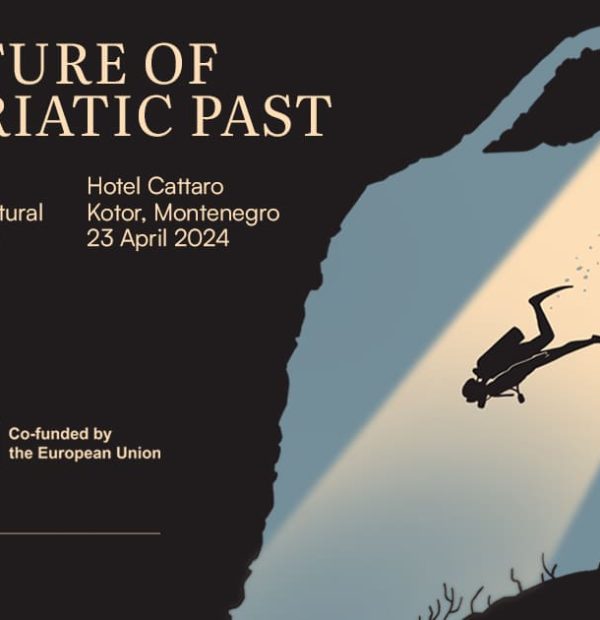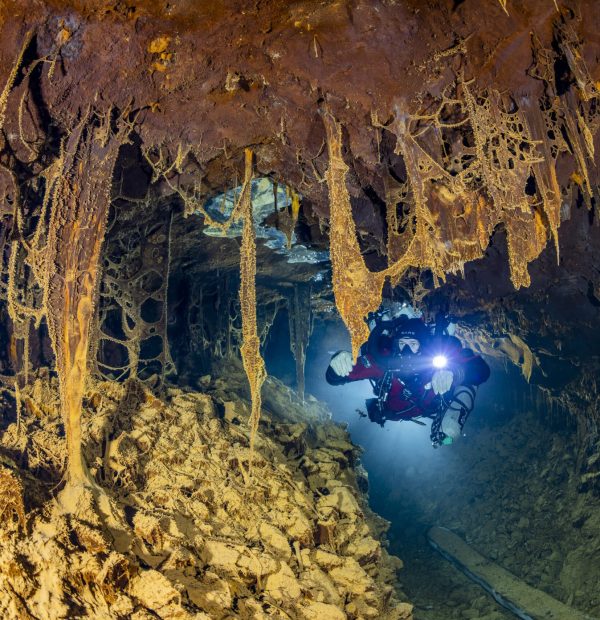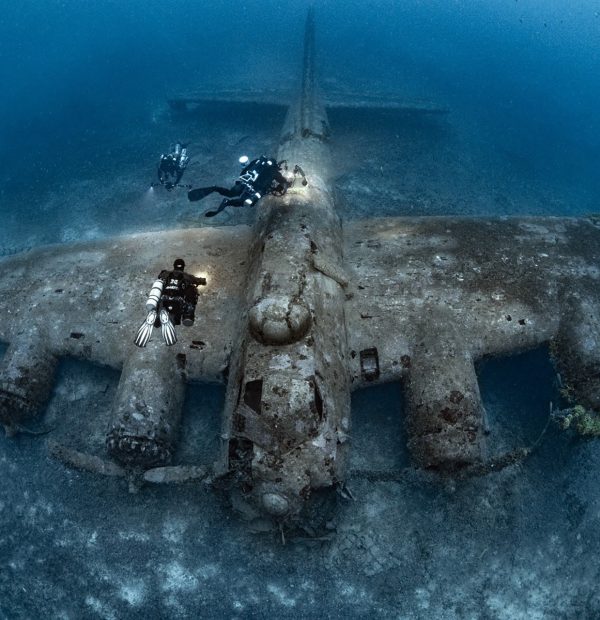Thursday, 16 May 2024
Menu

The study, conducted by researchers at an English university, indicates that this phenomenon is a sign that corals are fighting for survival. What is more, the results show that corals are likely to be victorious in this fight.
It turns out that corals carry symbiotic algae that are embedded in their cells. However, all it takes is a temperature rise of 1˚C above the usual summer maximum for this relationship to break down. If the algae disappear, the white calcareous skeleton of the coral breaks through the transparent tissue, leading to fading and death because this tissue is no longer protected.
Why some corals emit a multicoloured glow instead of white remained a mystery. Scientists at the university’s Coral Reef Laboratory conducted a series of experiments at their aquarium facility and discovered that the corals produce their own sunscreen layer, designed to encourage protective algae to return.
“Our study shows that coral fading involves a self-regulating mechanism, a so-called optical feedback loop in which both symbiosis partners are involved. In healthy corals, most sunlight is absorbed by photosynthetic pigments of algal symbionts. When corals lose symbionts, the excess light travels back and forth inside the animal tissue – reflected by the white coral skeleton,” said Prof. Jorg Wiedenmann, head of the Coral Reef laboratory

The resulting layer of sun protection will then promote the return of the symbionts. As the recovering algal population begins to reabsorb light for its photosynthesis, light levels within the coral will drop and the coral cells will reduce the production of coloured pigments to their normal levels.
Scientists believe that corals undergoing this process will experience mild or short-lived disturbances created by a warming ocean. Their recent reports suggest that this phenomenon occurred in parts of Australia’s Great Barrier Reef during the recent mass fade in March and April. This has increased the chances of the corals there recovering.
In concluding their study, however, the researchers stress that only significant global greenhouse gas reductions and sustained regional improvements in water quality can save coral reefs for generations to come.
Source: cell.com










Welcome to DIVERS24.COM, your daily source of scuba news, freediving, scuba diving information, and equipment reviews. Our comprehensive coverage of the dive industry from A to Z provides you with all the latest scuba news, training updates, underwater photography tips, and everything else related to scuba diving. Whether you’re a beginner or an experienced diver looking for more knowledge about scuba gear or techniques – we’ve got it covered! With our in-depth articles written by experienced divers who have been there and done that, you are sure to find exactly what you need here at Divers24.com. Dive into scuba news today!
Underwater Media Sp. z o.o.
Szafarnia 11/F8,
80-755 Gdansk, Poland
Welcome to DIVERS24.COM, your daily source of scuba news, freediving, and scuba diving information. Sign in for a weekly news update and discount coupons for dive gear and apparel.
@2023 - underwatermedia.pl. All Right Reserved. Designed and Developed by Tworzenie stron internetowych Gdansk

The Divers24 portal is currently the largest online medium treating diving in Poland. Since 2010 we have been providing interesting and important information from Poland and around the world on all forms of diving and related activities.
Contact us: info@divers24.com